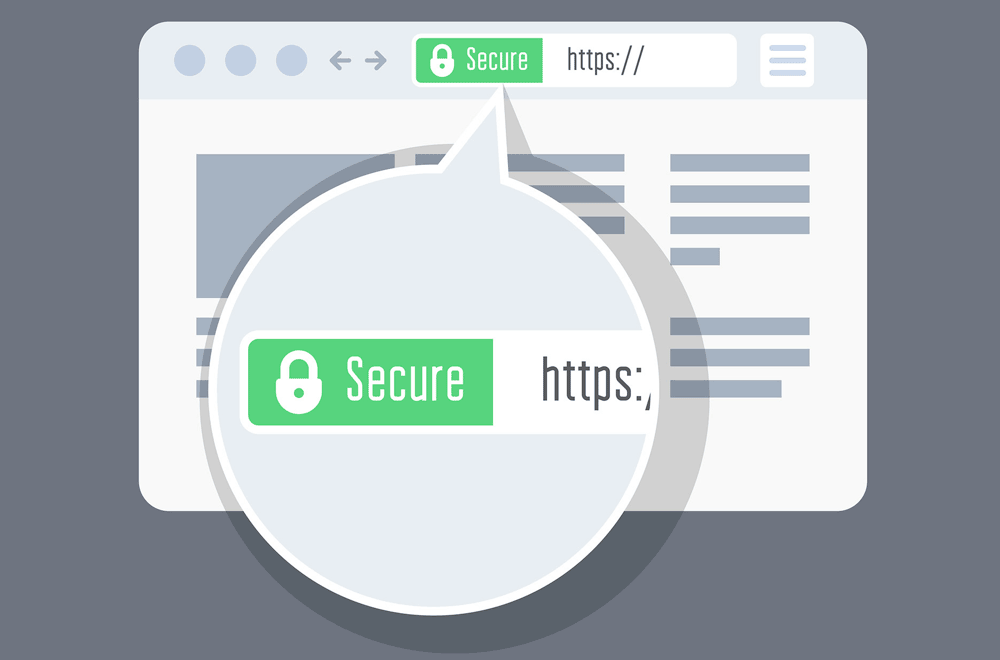HTTPS stands for Hypertext Transfer Protocol Secure. You’ll often see it at the beginning of web addresses for online stores, membership sites and forums; while majority of general websites use just HTTP. The difference between the two is that HTTPS utilizes something called a “secure socket layer” or SSL. The primary function of an SSL certificate is to protect sensitive information as it travels across the Internet from computer to computer until it reaches the destination server.
While a SSL certificate hasn’t generally been pushed for your stock standard website, Google’s descision to push for a more secure web is starting to take affect.
“Beginning in July 2018 with the release of Chrome 68, Chrome will mark all HTTP sites as ‘not secure’,” Emily Schechter, Chrome Security Product Manager, stated on her Chromium blog post on 8 February.
It should also be noted that when Chrome 66 is released in Beta on 15 March (stable release is scheduled on 17 April), Symantec-issued SSL certificates will no longer be recognised.
Why migrate to HTTPS?
SSL Certificates maintain website integrity
Intruders targets unprotected resources (such as images, cookies, scripts, and HTML) in your website which will likely break UX.
Using the secured HTTP prevents website intruders from injecting unverified pop-ups and ads into your web pages. Most importantly, HTTPS blocks malware that can tamper the ‘communication’ between your website and users.
SSL Certificates protect the privacy and security of website visitors
Website intrusion triggers users to disclose sensitive information and create security vulnerabilities. With HTTPS, all data, bandwidth and resources on your website are encrypted keeping your users’ information hidden in plain sight.
SSL Certificates uphold the credibility of your business online
The HTTPS prefix in your website URL confirms that you have a registered business and domain. Your visitors and customers will feel secure to make online transactions through your website.
Having your website utilise HTTPS provides trust for your users, letting them know they’re safe to visit your site and potentially fill out forms and hand over personal information. Web browsers give visual cues, including the ‘Not secure’ in Chrome 68 update in July 2018, to make sure visitors know when their connection is secured. This means that they will trust your website more when they see these cues and will be more likely to submit a lead (contact form, email, phone).




